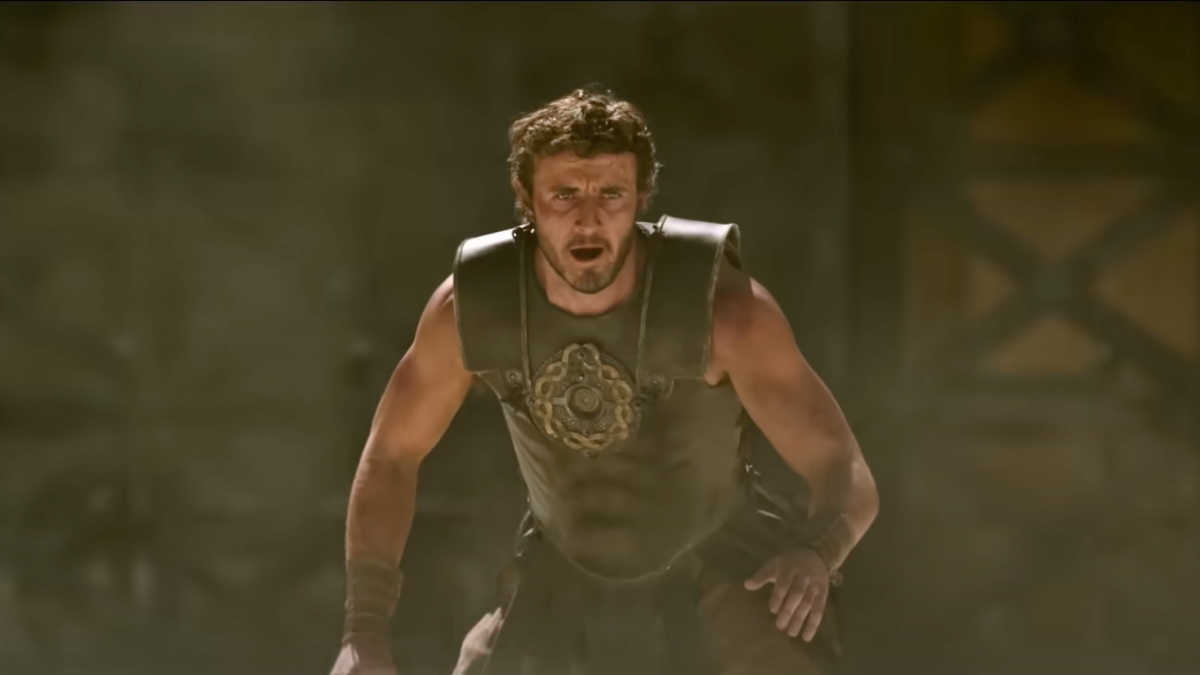‘Demon Slayer’ anime series celebrates masculinity similar to Daniel Penny.
Spoilers: The War on Men and the Importance of “Demon Slayer”
Heroes Go to Jail
24-year-old Marine veteran Daniel Penny has been charged with second-degree manslaughter by New York City prosecutors. His crime? Protecting New York subway riders from a disturbed homeless man who was threatening to hurt anyone on the train. Penny is a hero, but the charges against him send a clear message to every American man and boy: heroes go to jail. The left is making an example out of Penny because he exhibited masculine virtue while inadvertently killing a member of a protected class.
The Demonization of Masculinity
Penny isn’t the only man they’ve made an example of, and he certainly won’t be the last. The left’s demonization of masculinity occurs in the form of cultural conditioning, primarily targeted at boys. Modern schools and media systematically neuter boys, reprogramming them to suppress their instincts. Gender confusion is deployed against both boys and girls, but boys have the added constant reminder that their masculine instincts are “toxic.” A shocking number of boys are pumped with prescription drugs if they can’t sit still for eight hours a day.
The Importance of “Demon Slayer”
Western media, and particularly children’s programming, has become so infected with anti-masculinity sentiment and general wokeness that foreign media is now one of the few avenues of escaping it. “Demon Slayer” is a Japanese shounen anime series available on Netflix that values everything the West no longer does: courage, family, strength, and masculine virtue.
The Story of “Demon Slayer”
“Demon Slayer” follows Tanjiro Kamado, an adolescent boy whose loving family is murdered by demons. His little sister Nezuko is the only survivor, but she is turned into a demon herself. To find a cure for his sister and protect innocent people around him, Tanjiro becomes a demon slayer. Motivated by an innate protective instinct, he nearly gives up his life for his little sister on multiple occasions.
The Role Models of “Demon Slayer”
Tanjiro is not brutish, but highly skilled. He undergoes strenuous demon slayer training, perseveres despite failure, and displays an unending desire to better himself. When Tanjiro kills, he models respect for his enemies, always honoring their dying wishes. Kyojuro Rengoku, Tanjiro’s mentor and a member of the elite demon-slaying organization known as the Hashira, is the embodiment of a happy warrior. He radiates joy even as he dies a painful death after sacrificing his life to save 200 train passengers and his young demon slayer mentees.
The Celebration of Masculinity
“Demon Slayer” celebrates everything the left hates. It values courage, family, strength, and masculine virtue. Protecting the innocent is what good men do, and without left-wing reprogramming, it’s instinctual. In a media sphere that desperately wants our boys to grow up weak and cowardly, “Demon Slayer” is a positive alternative to American children’s television.
To parents: “Demon Slayer” isn’t perfect, but it’s overall a positive alternative to American children’s television. It’s gory, a little scary, and contains a few instances of scantily clad women (which seems to be an unfortunate staple of anime). But in a world that demonizes masculinity, “Demon Slayer” celebrates it.
Follow Evita Duffy-Alfonso on Twitter at @evitaduffy_1 or contact her at [email protected].
" Conservative News Daily does not always share or support the views and opinions expressed here; they are just those of the writer."




